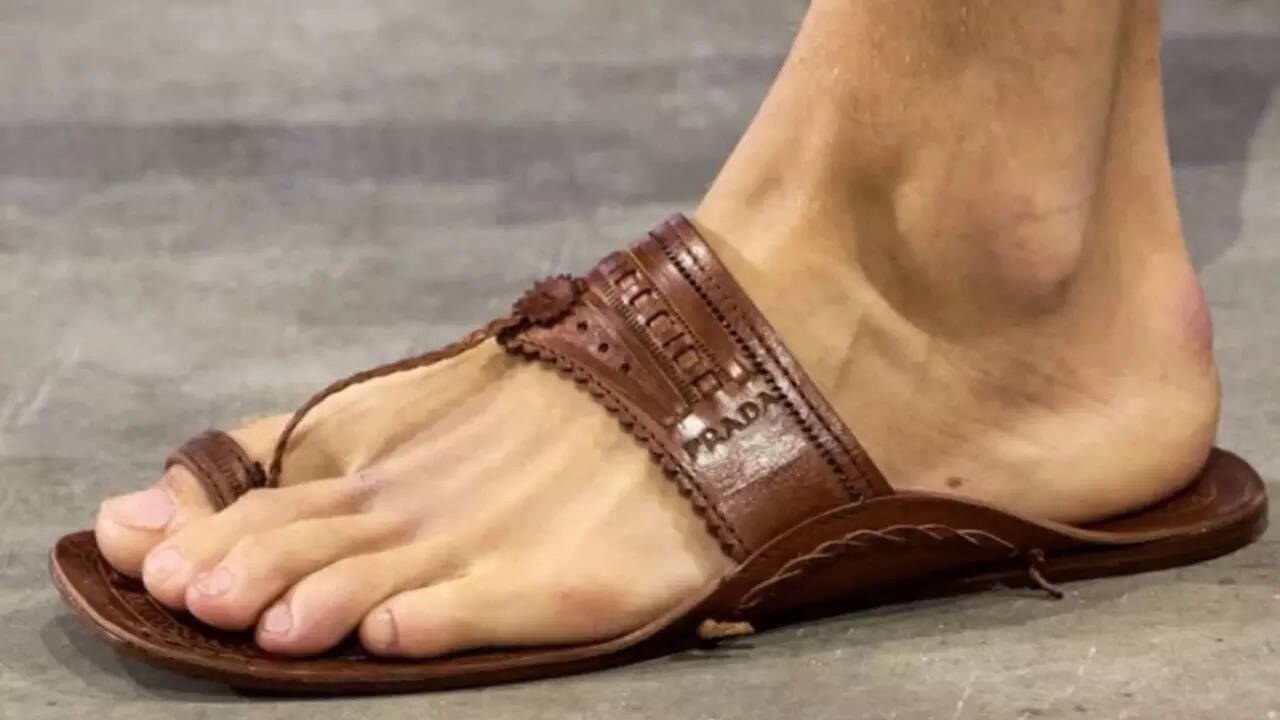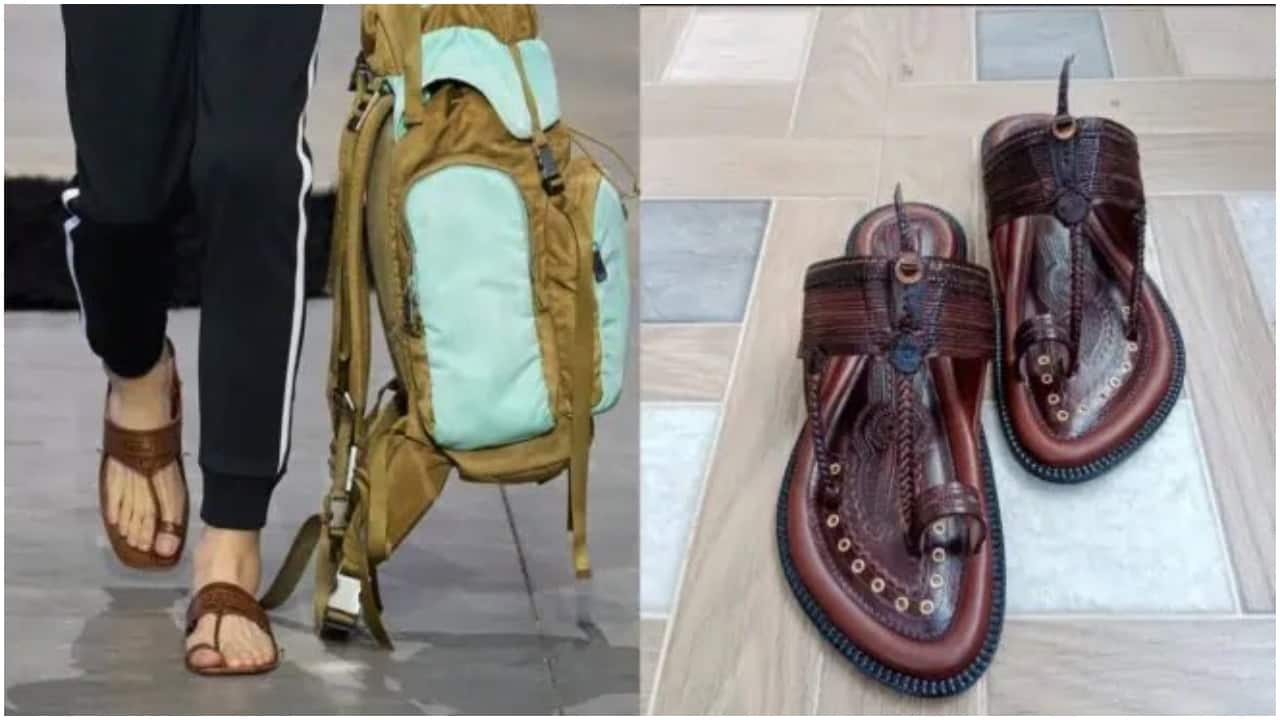- Political and Industry Response
- Craft Heritage and Economic Impact
- Brand's Response and Future Plans
Italian luxury fashion house Prada acknowledged this weekend that sandals featured in its recent Milan Fashion Week show were "inspired by traditional Indian handcrafted footwear," following days of backlash from Indian artisans and officials who accused the brand of cultural appropriation without proper attribution.
Lorenzo Bertelli, Prada's head of corporate social responsibility, sent a letter Saturday to the Maharashtra Chamber of Commerce admitting the sandals showcased in the brand's Spring-Summer 2026 menswear collection drew from India's centuries-old Kolhapuri chappals. The acknowledgment came only after widespread criticism that the Italian house had initially described the footwear simply as "leather sandals" without crediting their Indian origins.

The controversy sparked political intervention, with BJP Rajya Sabha MP Dhananjay Mahadik writing to Maharashtra Chief Minister Devendra Fadnavis, calling Prada's actions a violation of India's Geographical Indication Act and Artisan Act1. Kolhapuri chappals received GI tag protection in 2019, legally recognizing them as traditional products from specific districts in Maharashtra and Karnataka23.
Business leader Harsh Goenka criticized the situation on social media, highlighting how "our artisans lose while global brands cash in," noting that while original Kolhapuri chappals sell for around ₹1,000 in Indian markets, Prada's version would have been priced at over ₹1 lakh45.
Kolhapuri chappals trace their origins to the 12th century, when King Bijjala and his prime minister Basavanna encouraged their production1. The handcrafted leather sandals, known for their distinctive braided design and T-strap construction, can take up to six weeks to complete and are made by over 10,000 artisans in the Kolhapur region12.
The traditional craft faces economic challenges, with artisans typically earning only ₹400 per pair despite the chappals' retail price of ₹1,000-4,00034. In 2020, the total market was estimated at ₹9 crore, with 30% of the six lakh pairs produced annually being exported1.
In his letter, Bertelli emphasized that the sandals remain "at an early stage of design development" with no confirmation they will be commercialized12. He expressed Prada's commitment to "responsible design practices" and openness to "dialogue for meaningful exchange with local Indian artisan communities"34.
"The Kolhapuri chappal is very distinct and we want our footwear to go to newer markets. But it has to get the rightful recognition," Maharashtra Chamber of Commerce president Lalit Gandhi told PTI1.





